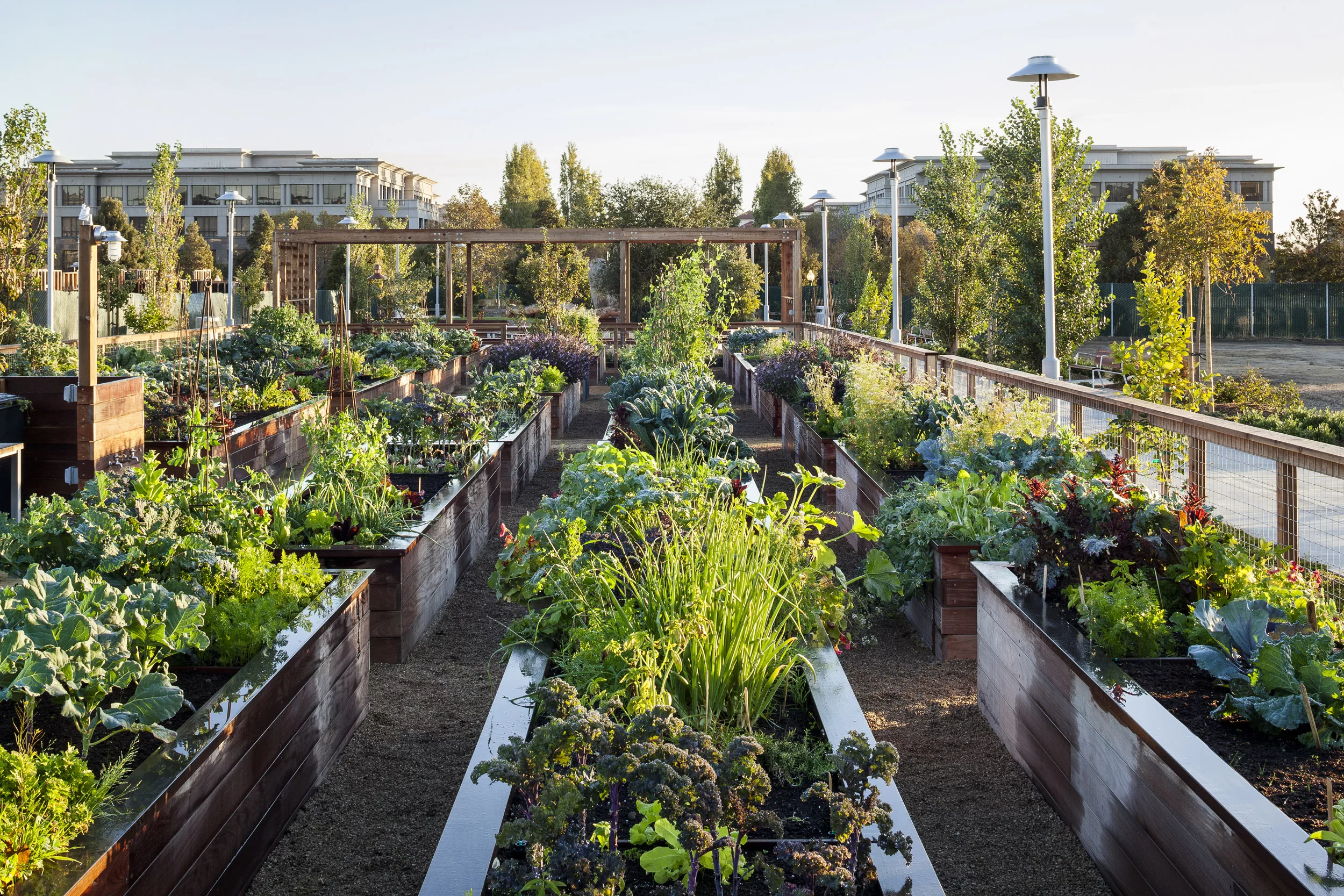
Join The Hemp Nation Group’s thriving communities on Facebook, LinkedIn, Instagram, and Twitter, where collaboration and innovation bloom like hemp fields under the sun!
Here’s what awaits you in our cooperative haven:
- Grassroots power: We believe in empowering communities to shape a sustainable future with hemp. No corporate giants here, just passionate individuals and organizations.
- Inclusion reigns: Everyone is welcome! Share your unique perspective and learn from a diverse range of voices.
- Openness is key: Knowledge is power, and we share ours freely. Open source and open knowledge fuel our progress.
- Privacy matters: Your data is yours, and we respect it fiercely. Join the conversation without worry.
- Sustainability at heart: From seed to product, we prioritize eco-friendly practices and circularity. Join us in protecting our planet!
- Healthy work, happy planet: We value fair working conditions and ethical production. Together, we can create a better world for workers and the environment.
- Nurturing environments: We foster a supportive and collaborative community where everyone can thrive and learn.
Ready to connect, learn, and grow with a purpose? Click the links below and dive into the world of The Hemp Nation Group!
- Facebook: The Hemp Nation Group (page) / The Hemp Nation Group (group)
- LinkedIn: The Hemp Nation Group (page) /
- Instagram: The Hemp Nation Group
- Twitter: The Hemp Nation Group
Together, let’s weave a future where hemp empowers communities, heals the planet, and inspires healthy living!
#JoinTheHempNationGroup #hempnationgroup #HempForGood #CommunityPower #SustainableFuture #hempcommunity #hempindustry #makers #processing #fiber #hemp #cooperation #sustainability

